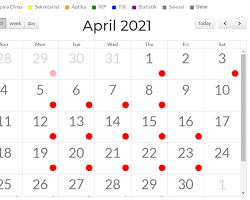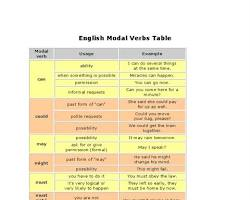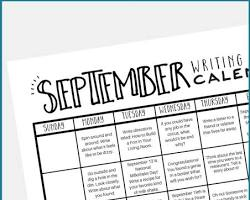Resources for Unit 3. Healthy Living for Teens – Global Success 9
1. Vocabulary for Unit 3. HEALTHY LIVING FOR TEENS
1.1. Vocabulary for Week 5. Lessons 1 - 3. U3. Global Success 9
counsellor
(n) /ˈkaʊnsələr/ = advisor (cố vấn).e.g. She spoke to a school counsellor about her career options.

balanced
(a) /ˈbælənst/ = stable (cân đối).e.g. A balanced diet is crucial for maintaining good health.

priority
(n) /praɪˈɒrəti/ = preference (ưu tiên).e.g. Safety is our top priority at this construction site.

stress
(n) /strɛs/ = pressure (căng thẳng).e.g. He is under a lot of stress at work these days.

optimistic
(a) /ˌɒptɪˈmɪstɪk/ = hopeful (lạc quan).e.g. Despite the challenges, she remains optimistic about the future.

accomplish
(v) /əˈkɒmplɪʃ/ = achieve (hoàn thành).e.g. He managed to accomplish all his goals for the year.

distractions
(n) /dɪˈstrækʃənz/ = diversions (sự phân tâm).e.g. Avoiding distractions is key when working from home.

due date
(n) /ˈdjuː deɪt/ = deadline (hạn nộp).e.g. The project's due date was moved up to the end of the month.

stressed out
(a) /strɛst aʊt/ = overwhelmed (bị stress nặng).e.g. She was feeling stressed out due to the exam period.

delay
(v) /dɪˈleɪ/ = postpone (trì hoãn).e.g. Bad weather might delay the flight's departure.

modal verbs
(n) /ˈmoʊdəl vɜrbz/ = auxiliary verbs (động từ khiếm khuyết).e.g. Modal verbs like 'can' and 'may' express ability or permission.

conditional sentences
(n) /kənˈdɪʃənəl ˈsɛntənsɪz/ = hypothetical statements (câu điều kiện).e.g. Conditional sentences are often used to discuss possible outcomes.

mental health
(n) /ˈmɛntəl hɛlθ/ = psychological well-being (sức khỏe tinh thần).e.g. Taking breaks is important for your mental health.

physical health
(n) /ˈfɪzɪkəl hɛlθ/ = bodily health (sức khỏe thể chất).e.g. Regular exercise is beneficial for your physical health.

manage time
(v) /ˈmænɪdʒ taɪm/ = schedule (quản lý thời gian).e.g. Learning how to manage time effectively can improve productivity.
